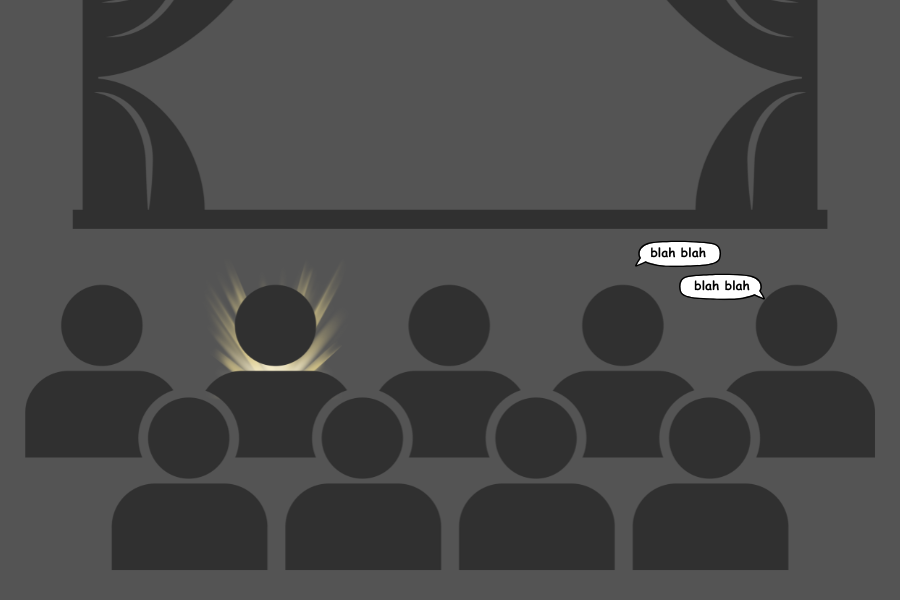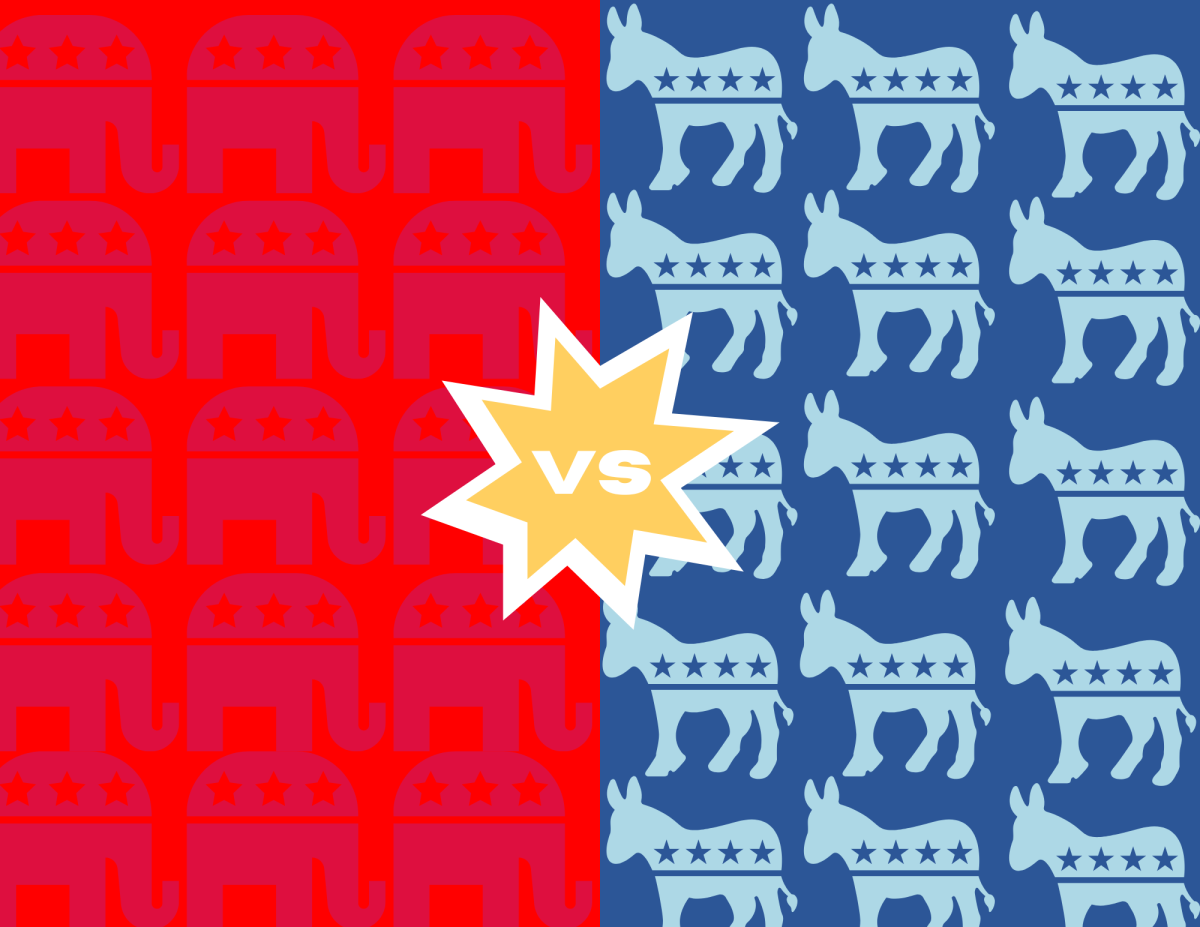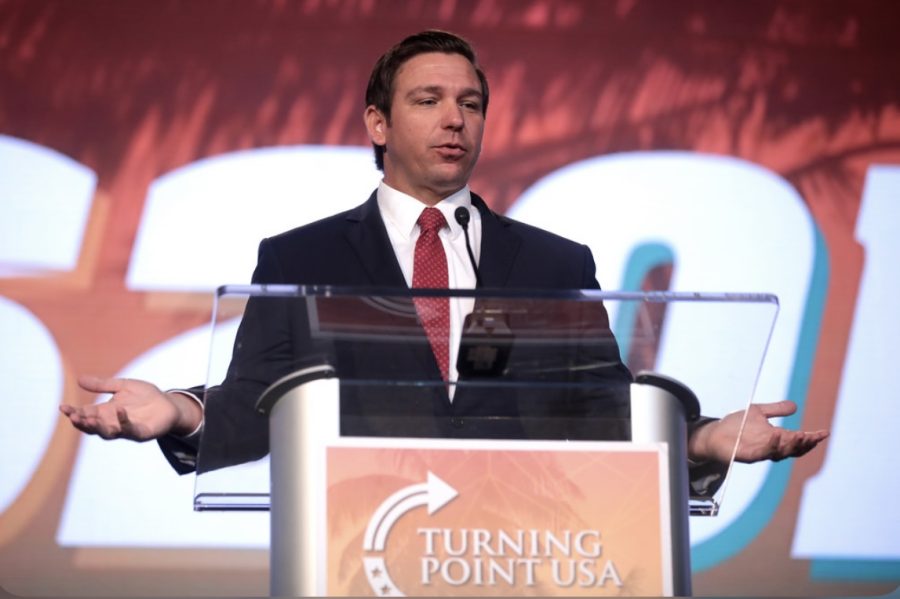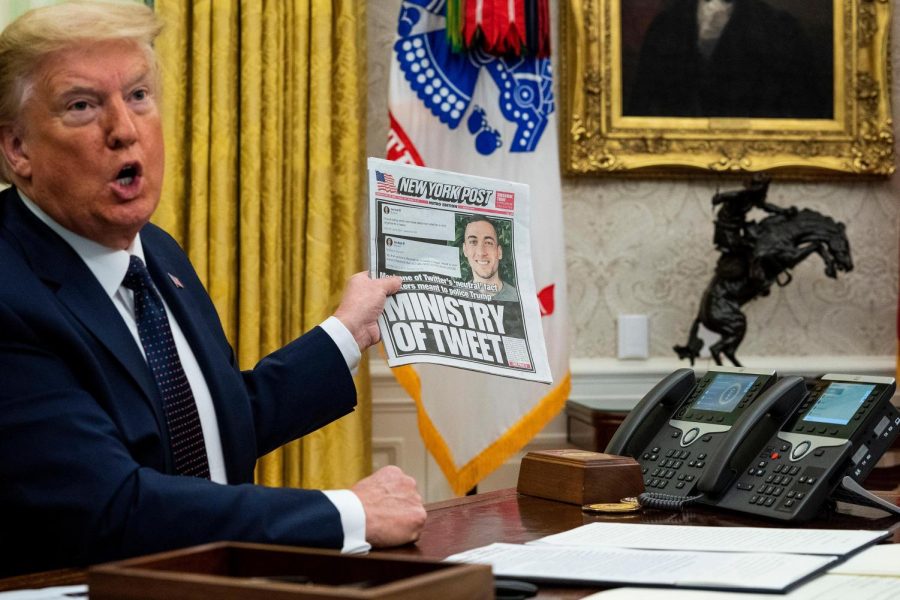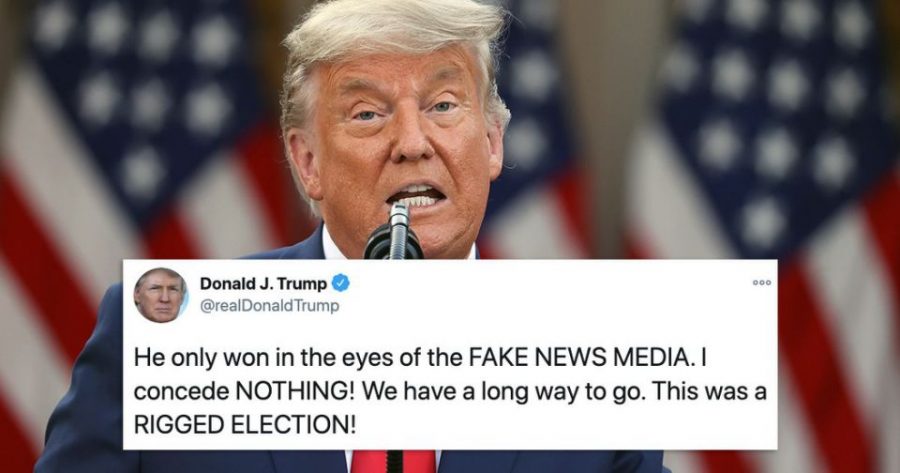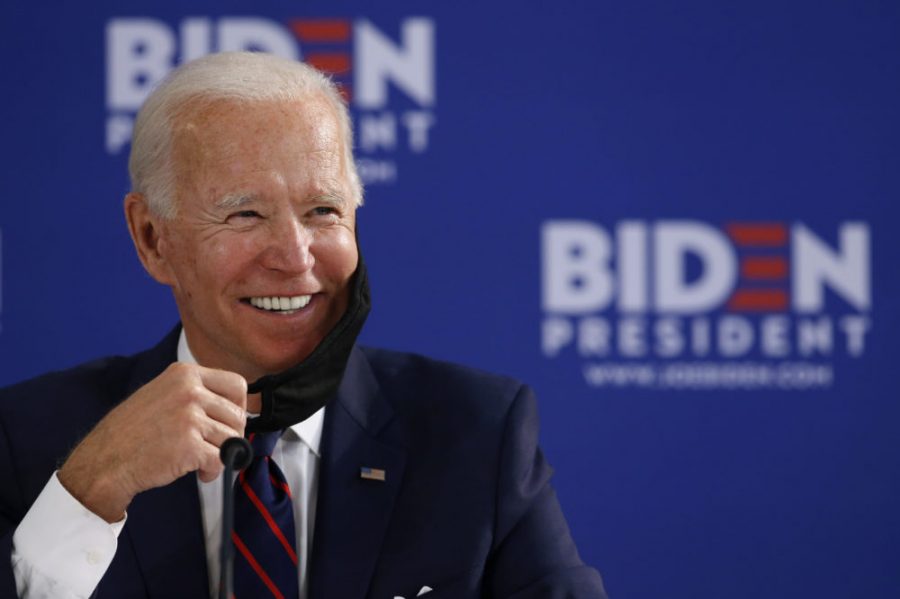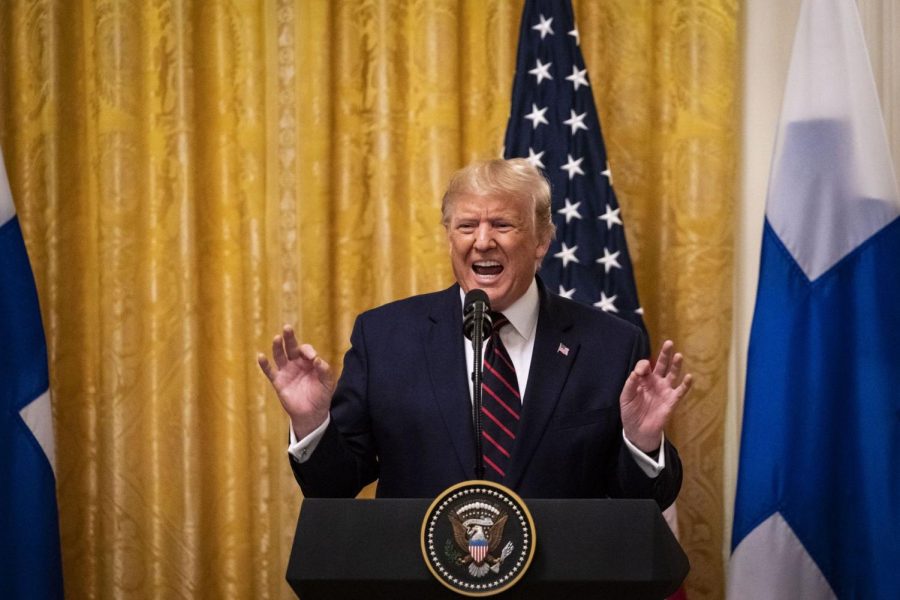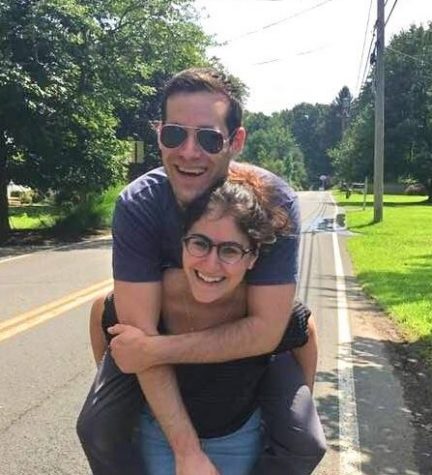The Trump administration hasn’t been able to escape from the controversy surrounding Russia’s alleged involvement in the 2016 presidential election. The House and Senate intelligence committees, as well as the FBI, are investigating Russian attempts to influence the election and its possible ties to Donald Trump’s campaign. Although the list of seeming coincidences and circumstantial evidence is hard to ignore, it is too early to know whether there was direct collusion between his aides, or Trump himself, and Russia. So far there has been no “smoking gun” found, although there seems to be plenty of smoke, and for all we know, there might not be one.
But we need not wait for a smoking gun to worry about the Trump-Putin connection; the core of the problem goes beyond direct collusion.
At this point it would take some impressive mental gymnastics to deny that Russian influence seeped into our election. It did not do so through direct hacking of voting machines, but rather through attempting to undermine the legitimacy of the democratic process altogether.
This is not a wild or surprising idea. One need only look at Russia’s past actions in Eastern Europe to see that this is their modus operandi: attempts to influence politicians financially, the spreading of false information and propaganda and the chaotic obfuscation of facts aimed solely to make people give up on the concept of truth itself.
 It seems hard to believe that this could happen to such a large power as the United States, but when Trump himself began repeating stories originating from Russian propaganda outlets during his campaign, it proved that not only do these tactics work at influencing our electorate, but that it can work on our politicians as well. Trump’s campaign had all the characteristics of known Kremlin tactics: “alternate facts,” attacks on the media, whataboutism and the list goes on. This should raise yet even more eyebrows now that it has been revealed that Trump’s former campaign manager, Paul Manafort, has a history of working in other countries on behalf of Russian interests. Again, whether Trump himself knew about Manafort’s ties is beside the point.
It seems hard to believe that this could happen to such a large power as the United States, but when Trump himself began repeating stories originating from Russian propaganda outlets during his campaign, it proved that not only do these tactics work at influencing our electorate, but that it can work on our politicians as well. Trump’s campaign had all the characteristics of known Kremlin tactics: “alternate facts,” attacks on the media, whataboutism and the list goes on. This should raise yet even more eyebrows now that it has been revealed that Trump’s former campaign manager, Paul Manafort, has a history of working in other countries on behalf of Russian interests. Again, whether Trump himself knew about Manafort’s ties is beside the point.
We also have Trump’s puzzling admiration of Putin. A politician known to use the government to enrich himself and oligarchs who support him, he’s also managed to take control of much his country’s media, making it easy to delegitimize his opponents and maintain a government-controlled narrative.
He has long been a critic of the North Atlantic Treaty Organization (NATO) and of Western democracy. Is this what Trump means by Putin being a “great leader?”
One thing is clear: Trump is a businessman who is more pro-business than pro-American. He may have campaigned under another guise, but his appointments and executive orders so far make that absolutely clear. He does not see a problem with mixing business and politics, or attacking the free press, which is something that goes against America’s core.
We mustn’t deny that there is money in politics in America, or that there is biased news – that would be naive. But to compare it to the Kremlin’s level of corruption and censorship is clearly absurd.
We need someone in the White House who genuinely wants to fix these issues, not one who openly praises leaders known for such behaviors.
This is a cause for concern, even if no direct collusion occurred between the Trump administration and Russia.
It would only mean he arrived at his self-interest and disregard for democratic values all on his own. In fact, if the investigations turn up no evidence of illegal ties then we will have an even bigger problem: Donald Trump will still be the president of the United States.




